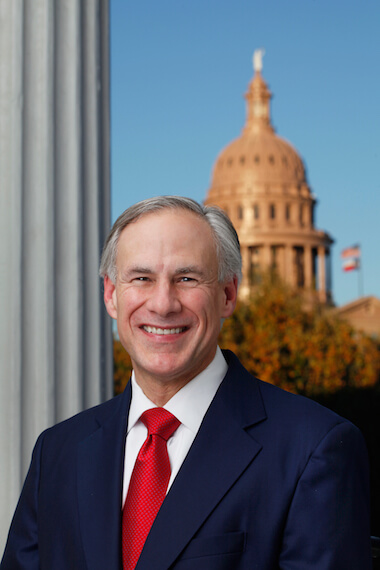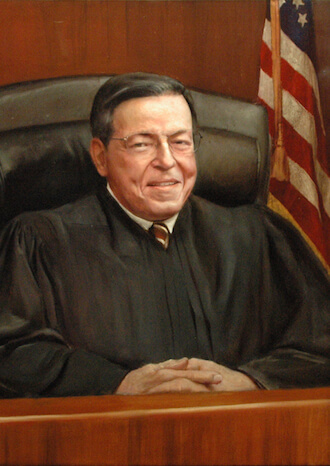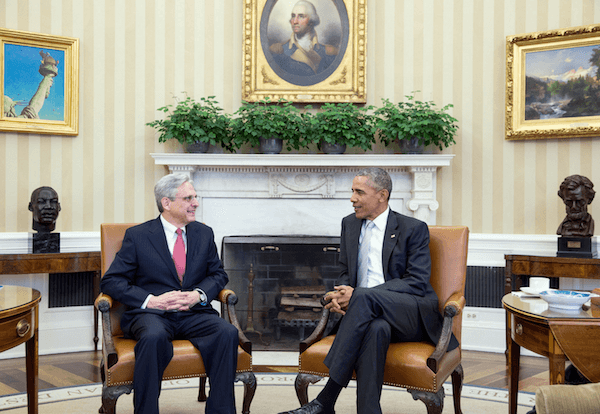Florida's Republican attorney general, Pam Bondi. | FLORIDA ATTORNEY GENERAL'S OFFICE
The United States Supreme Court has denied a motion from Florida’s Republican attorney general, Pam Bondi, that it stay a district court marriage equality ruling while the state pursues an appeal with the 11th Circuit Court of Appeals.
In a two-sentence order on December 19, from which only Justices Antonin Scalia and Clarence Thomas dissented, the high court gave a go-ahead for same-sex marriages to begin in Florida on January 6, one day after expiration of the stay issued by District Court Judge Robert Hinkle when he made his original decision on August 21.
Bondi had earlier sought a stay from the 11th Circuit, which denied her motion on December 3.
Even though the Supreme Court, since early October, has allowed marriage equality to go into effect in 16 states where federal courts have struck down bans, each of those states are in circuits where appeals courts have upheld the district court rulings.
Florida is the first case of the high court allowing a district court gay marriage ruling to go into effect without it first being upheld at the appellate level. In early January, the Supreme Court imposed a stay on a district court ruling in Utah after the judge who ruled in the case and the 10th Circuit Court of Appeals declined to do so. The 10th Circuit later upheld the district court and, when the high court declined to accept review of Utah’s appeal in that case, marriages resumed there and began in the other states under that circuit’s jurisdiction.
Marriage equality rulings in the Fourth, Seventh, and Ninth Circuits have also been allowed to stand, with states in each of those jurisdictions also falling into line.
The only federal appeals court to rule against marriage equality is the Cincinnati-based Sixth Circuit, which in November reversed gay plaintiff victories in Ohio, Michigan, Tennessee, and Kentucky. The Supreme Court will consider whether or not to hear appeals in one or more of those cases in January. If such an appeal is taken, it may be possible for arguments to be heard and a decision reached before the high court ends its session in late June. Such a ruling would likely settle the question of whether there is a US constitutional right to marriage by same-sex couples, as federal courts in roughly two dozen states have now concluded.
Acknowledging the finality of the high court’s ruling on further delay of gay marriage in Florida, Bondi issued a statement shortly after the decision was released, saying, “The Supreme Court has now spoken, and the stay will end on January 5.”
The attorney general’s statement did not make clear whether Florida will continue to pursue its appeal at the 11th Circuit.
Bondi’s motion to the high court for a stay originally went to Justice Thomas, who hears such petitions from the 11th Circuit. He referred the matter to the full court, which then ruled against her.
A statement from Equality Florida quoted its executive director Nadine Smith saying, “It’s time to break out the wedding bells! We look forward to January 6th being a special day –– Florida is ready for the freedom to marry.”



































